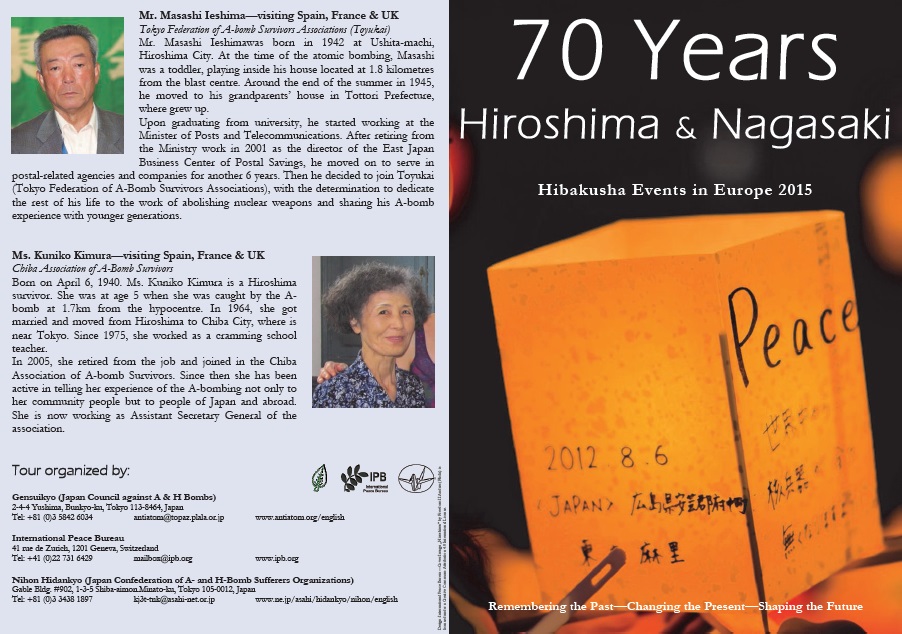What World after Hiroshima?
What world after Hiroshima?
Commemorating the 70th anniversary of the atomic bombing and demanding the prohibition and abolition of nuclear weapons.
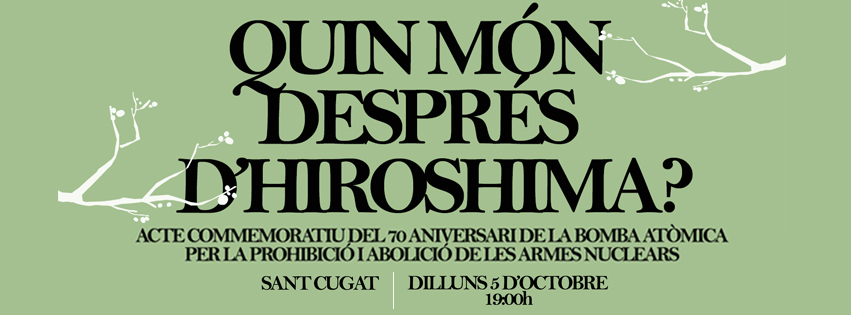
In Japanese Hibakusha refers to the survivors of the 1945 atomic bombings of Hiroshima and Nagasaki. seventy years after the greatest nuclear tragedy in human history, the arsenal of nuclear weapons continues to be estimated at 17,000 bombs. If even a fraction of these bombs gets used they will destroying all life on Earth.
In the interest of informing the populace of the dangers that these nuclear weapons still represent for all of us, the Hibakusha tell their stories, and struggle for the creation of global peace, justice, and a world without nuclear weapons.
The Study Centre for Peace J.M. Delàs, in collaboration with the International Peace Bureau and Gensuikyo, is honored to organise, in the presence of survivors of Hiroshima, an act commemorating the 70th anniversary of this nuclear bombing, and to call for peace and the nuclear disarmament. As an activity organized in the frame of the International Campaign to Abolish Nuclear weapons (ICAN), the goal is to raise public awareness of the dangers that nuclear weapons represent for humanity, and increase support for a treaty prohibiting nuclear weapons.
Sant Cugat • 5th of octobre 2015
19:00 • Casa de la cultura, sala polivalent • Carrer Castellví 8
Program
Presentation
- Pere Ortega, president of the Centre Delàs d’Estudis per la Pau
- Susanna Pellicer from the Sant Cugat City council
- Josep Mayoral i Antigas, mayor of Granollers, membre and vice president of Mayors for Peace
- Yayoi Tsuchida, secretary general assistant of Gensuikyo
Conference
- Masashi Ieshima, survivors of Hiroshima, member of Toyuka (Federation of Associations of survivors of the atomic bomb in Tokyo)
- Kuniko Kimura, survivors of Hiroshima, member of Kunikos (Association of atomic bomb survivors in Chiba) and Assistant Secretary General of Gensuikyo
- Teresa de Fortuny, researcher at the Study Centre for Peace J.M. Delàs, coauthor of the book "Riesgos y amenazas del arsenal nuclear" (Risks and threats of the nuclear arsenal)
Information on Hibakusha Tour Europe 2015
Download the Tour Hibakusha Europe 2015 flyer
Biographies of the Hibakusha:
- Masashi Ieshima
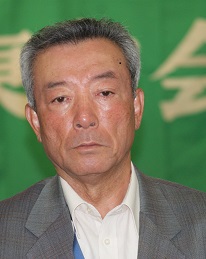 Masashi was born in 1942 in Hiroshima. At the moment of the bombardment, Masashi was three years old and was playing inside his house 1.8 kilometers from the center of the blast. As a survivor of the bombing of Hiroshima, Masashi decided to join Toyukai (Tokyo Federación of Associations of Survivors of the Atomic Bomb) to work to abolish nuclear weapons. He works to share his experience with younger generations.
Masashi was born in 1942 in Hiroshima. At the moment of the bombardment, Masashi was three years old and was playing inside his house 1.8 kilometers from the center of the blast. As a survivor of the bombing of Hiroshima, Masashi decided to join Toyukai (Tokyo Federación of Associations of Survivors of the Atomic Bomb) to work to abolish nuclear weapons. He works to share his experience with younger generations.
- Kuniko Kimura
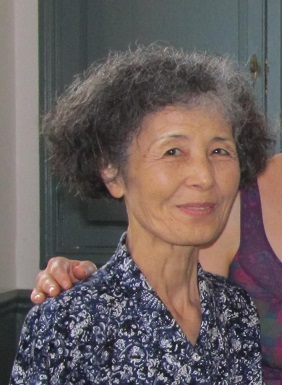 Kuniko was born in 1940 and is a survivor of Hiroshima. She was 5 years old when the atomic bomb was dropped on her city. Luckily, she was 1.7 kilometers from the epicenter and survived the nuclear attack. In 2005, Kuniko joined the Association of Atomic Survivors in Chiba (close to Tokyo) and since then has worked to as an activist for for the abolition of nuclear weapons. Her mission in life is to tell her story to people in her community, in Japan, and overseas, and works as the general secretary of the Gensuikyo association.
Kuniko was born in 1940 and is a survivor of Hiroshima. She was 5 years old when the atomic bomb was dropped on her city. Luckily, she was 1.7 kilometers from the epicenter and survived the nuclear attack. In 2005, Kuniko joined the Association of Atomic Survivors in Chiba (close to Tokyo) and since then has worked to as an activist for for the abolition of nuclear weapons. Her mission in life is to tell her story to people in her community, in Japan, and overseas, and works as the general secretary of the Gensuikyo association.
To learn more about the danger of nuclear weapons
- International Campaign to Abolish Nuclear Weapons (ICAN)
Centre Delàs participates in the International Campaign to Abolish Nuclear Weapons (ICANW). This campaign fights for the drafting of a treaty banning the use of nuclear weapons worldwide and it is ratified by the governments of different countries. The aim of the Centre Delàs is to give more impetus to an initiative that, through coordinated action of several institutions in the world, aims to completely eliminate nuclear weapons given the enormous danger to humanity.
- Materials del Centre Delàs
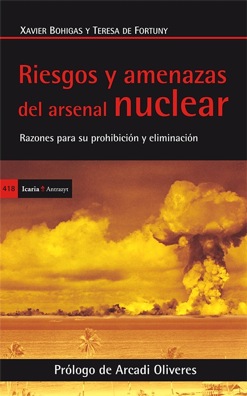 Book: Risks and threats of nuclear arsenal: reasons for prohibition and elimination
Book: Risks and threats of nuclear arsenal: reasons for prohibition and eliminationBook published by Editorial Icaria, in the context of the review of the NPT, collects deeply permanent dangers arising from the mere existence of nuclear weapons: the huge number of accidents reported, the possibility of it initiated a nuclear conflict because of human or technical error and field tests of this type of weaponry.
Authors: Xavier Bohigas and Teresa Fortuny
Language: Spanish
More informationArticle: Declaration IPB 2015 NPT Review Conference
Article: A path to the prohibition of nuclear weapons (in Spanish)
Article: From Hiroshima and Nagasaki to Fukushima, to Chernobyl (in Spanish)
Article: International Day for the total elimination of nuclear weapons (in Spanish)
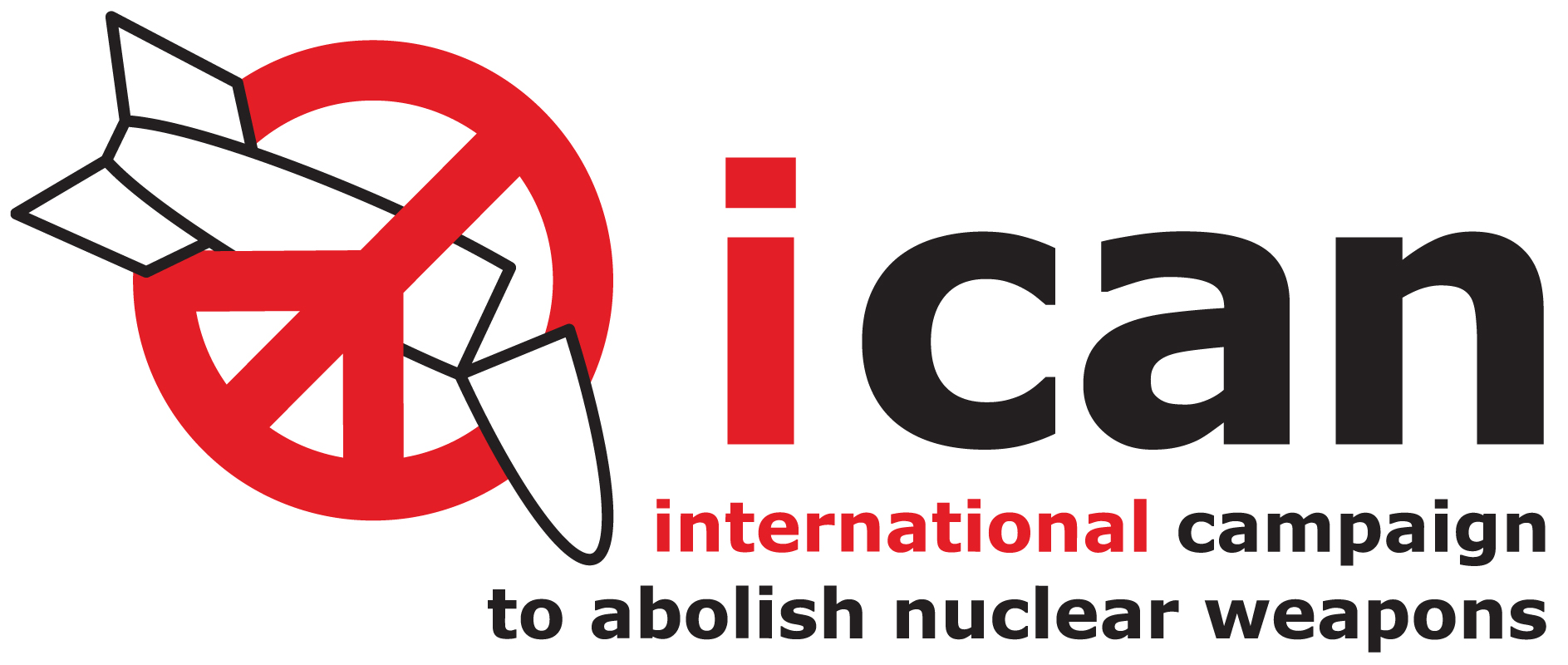
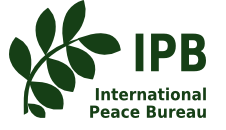

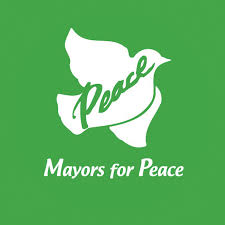





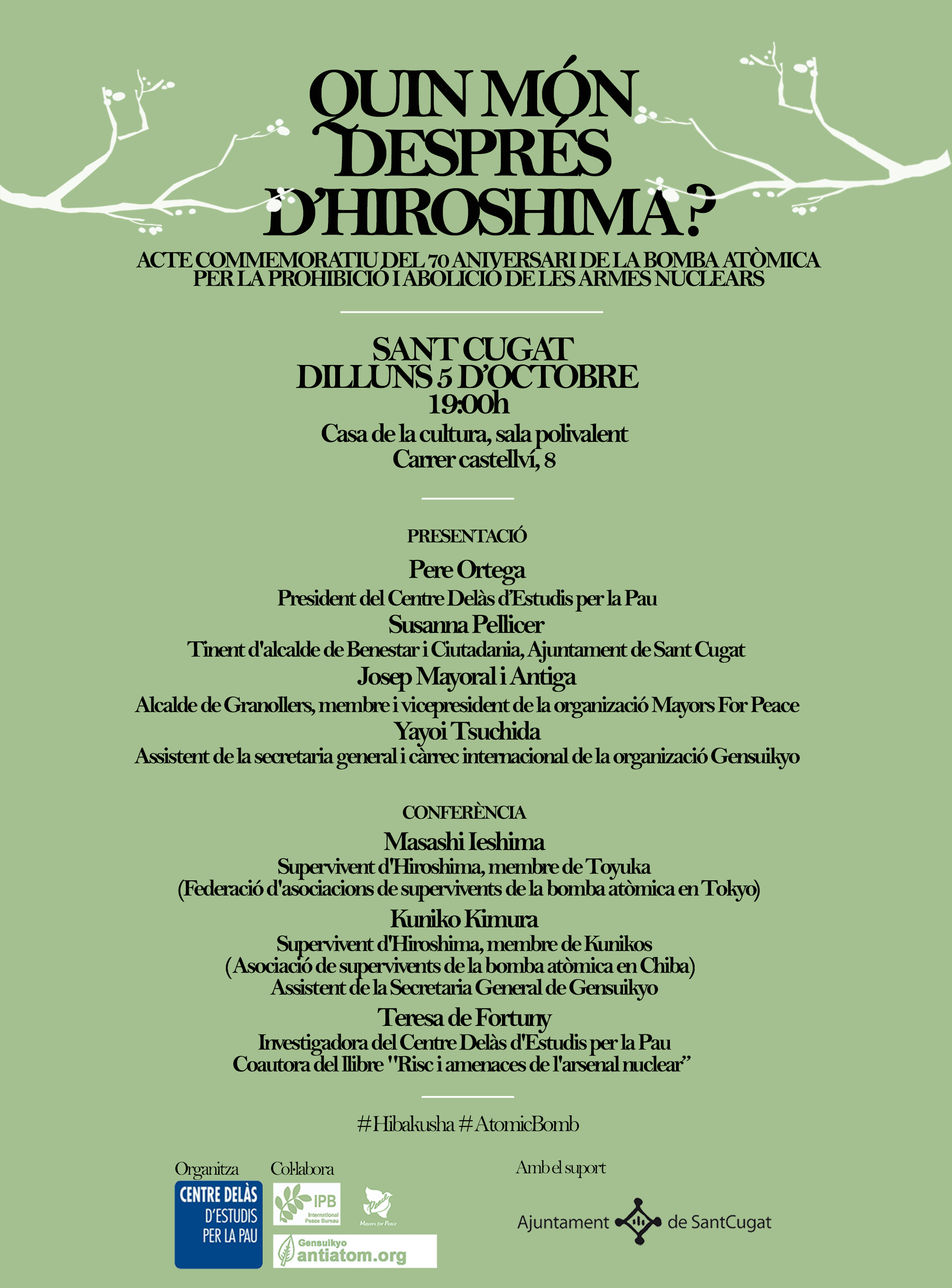 Download
Download